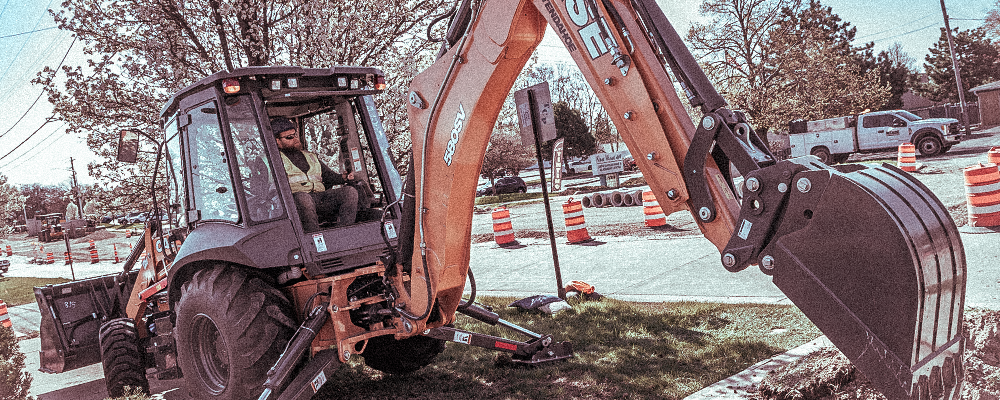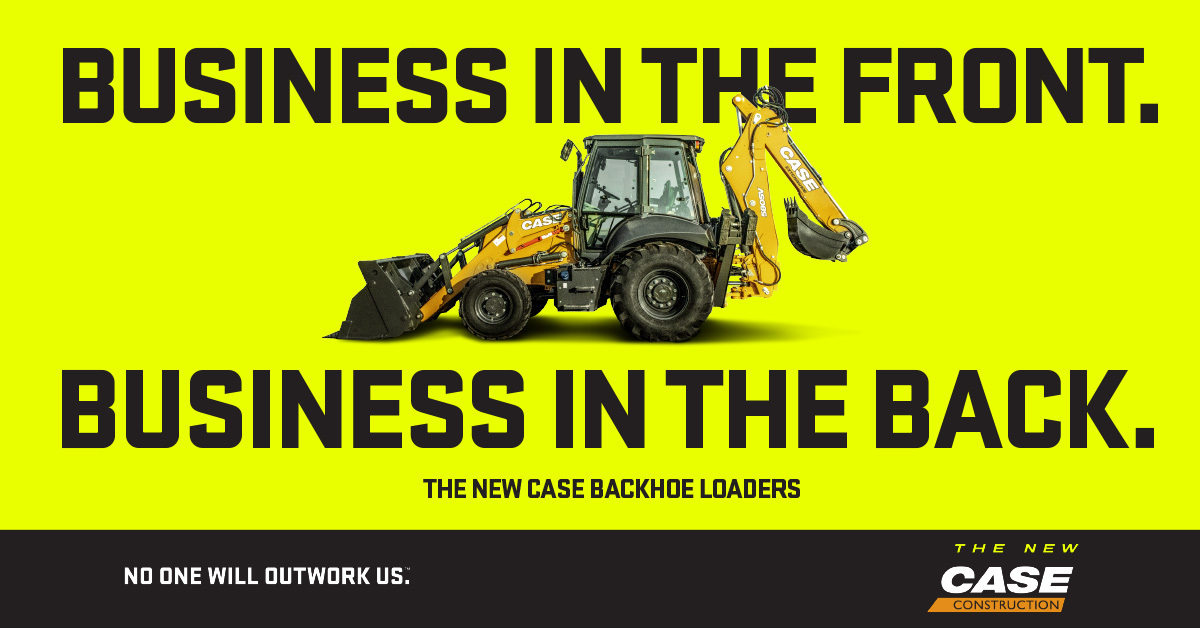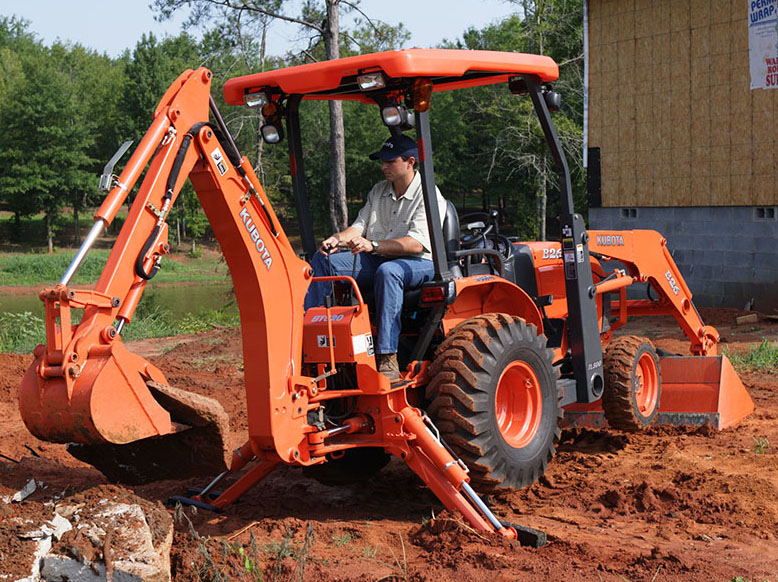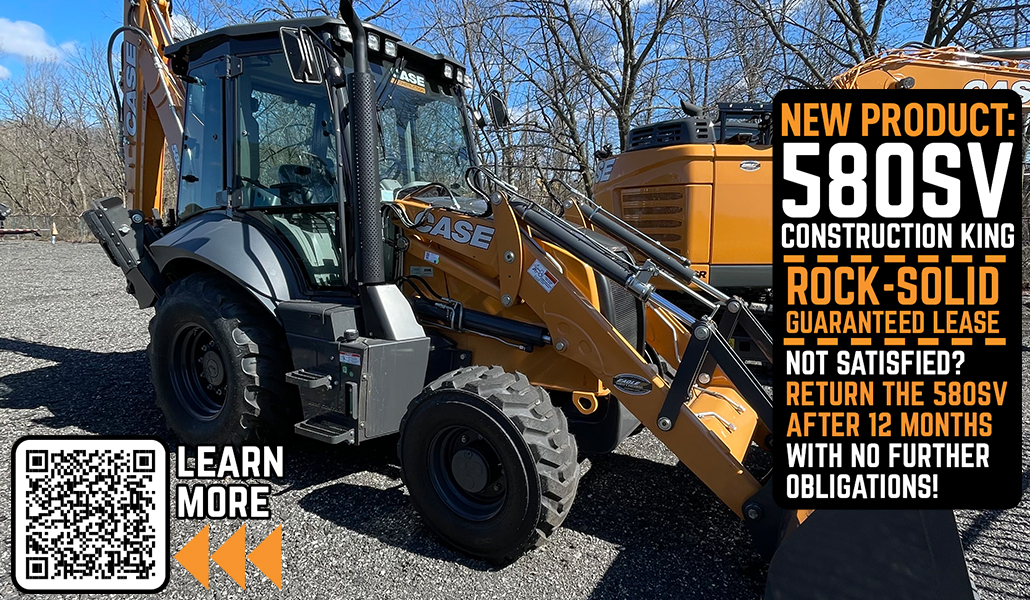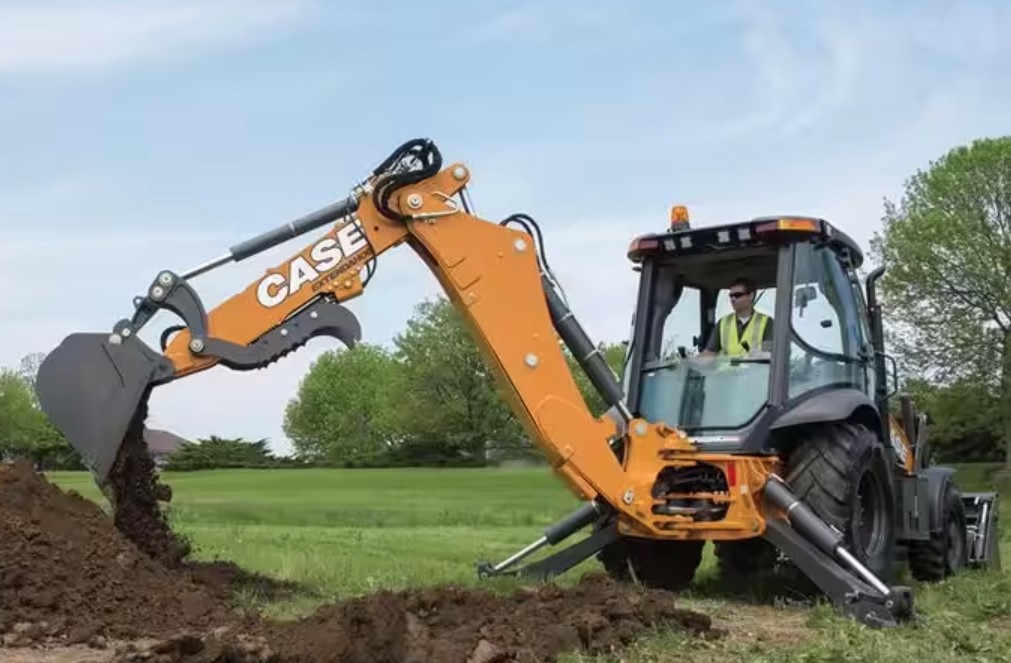Blog
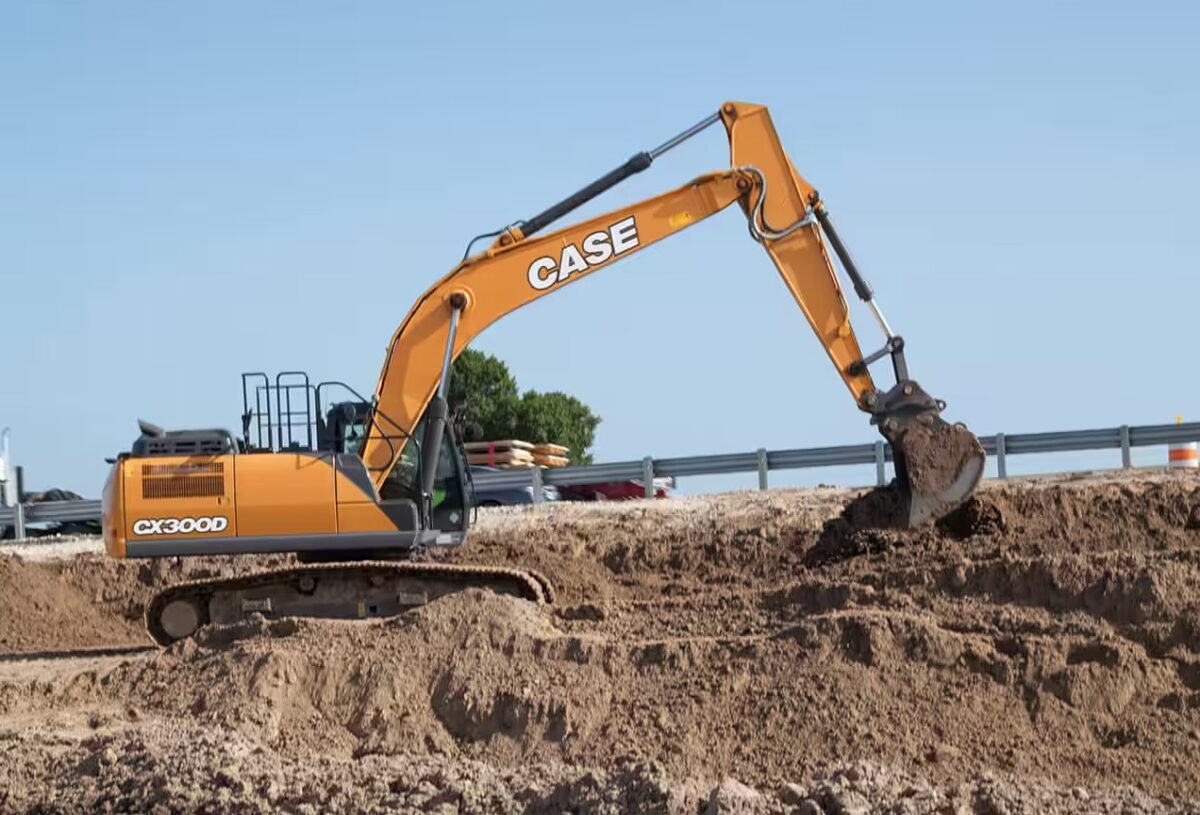
Summer Weather Equipment Maintenance Tips
April 25, 2022Summer approaches, bringing with it warmer temperatures, elevated sun exposure, and drier work conditions. Summer is typically a busy season for the construction industry. The increased workload, combined with the onset of warm weather conditions, presents a specific set of maintenance and operation challenges for heavy equipment owners. Additional heat and humidity subjects equipment to greater stresses, causing it to run hotter and break down faster.
Good preventative maintenance and careful monitoring of your machinery are key in preventing potential breakdowns and avoiding the cost of unexpected repairs. Here is a list of tips and tricks to ensure your equipment stays operational during the hot summer months.
Seasonal Inspection
It’s a good idea to schedule seasonal check-ups on your equipment, with an eye toward the demands of the approaching months. Test your tires to ensure the change in temperature hasn’t affected their PSI and continue to check them regularly in the coming months: high temperatures cause tires to wear much faster than in colder conditions. If your equipment has an AC component test the air conditioning as the weather grows warmer, to make sure it works and provides efficient cooling. If your heavy equipment has integral windshield wipers, check that system as well. Check all coolant hoses and hydraulic lines to ensure they are intact and in good working order.
Check Fluid Levels
Hot weather impacts all your fluid systems, especially coolant and hydraulic fluid. Be sure your coolant expansion reservoir remains full by checking and topping it off regularly. to keep the coolant system full of fluid (and not air).
Be advised: your choice of coolant is important. Modern OAT (organic acid technology) coolants are commonly used in newer machines, whereas silica-based coolant is typical in older machines. Don’t mix the two types—it can cause the coolant to gel, which reduces its cooling ability. Machines with OAT should have a visible tag in the vicinity of the coolant fill location, identifying its use. Check the concentration of whichever coolant you use, keeping it at 50-50 (water/coolant). If more than 50% water is used, the coolant will have a lower boiling point which can lead to vapor cavitation in the cooling system.
Lubrication
Even the most durable oil and grease will begin to break down when subjected to extreme temperatures over time. This reduces its viscosity, reducing its ability to effectively coat and lubricate and rendering it less effective. As the weather grows hotter you should plan to apply lubricant more often and in greater amounts. Different lubricants are rated according to their heat resistance but don’t forget to factor in the additional heat of summer operation when choosing an appropriate product.
Maintaining Clear Engine Ventilation
Many models of heavy construction equipment (including most excavators) have an auto-reverse fan function that enables the operator to manually reverse the engine cooling fan, which clears any caked-on debris from the engine grill. This makes sure the airflow to the radiator and cooling packages remains open and unimpeded. This maneuver should be performed regularly during operation. In addition, regularly check the engine hood’s inlet and outlet pipes for any obstruction.
Remote Monitoring
With the modern advent of interactive smart technology, many newer construction vehicles are equipped with telematics that allows owners to remotely assess the status of their equipment. Various telemetrics can be monitored in this fashion, including current engine temperature or the operating status of individual components. Monitoring these systems enables an operator to address any system faults in real-time, often alleviating further damage and preventing catastrophic failures before they occur.
Proper Operation
Operators should take care to avoid overworking their equipment, especially during the summer months when excess heat is a factor. Pushing equipment beyond established performance parameters can result in overheating, unnecessary damage to equipment components, and eventual breakdowns. Extra care should be taken in allowing machinery to cool down properly by idling the engine before shutting it down at the end of work, to ensure the equipment doesn’t suffer from potential heat damage.
The summer season can be the busiest and most profitable time of the year for construction professionals… but it can also be hard on your equipment. You can avoid the performance pitfalls of hotter weather by exercising a few common-sense preventative measures and maintenance checks, to keep your equipment running well and in good repair until the onset of cooler weather.





